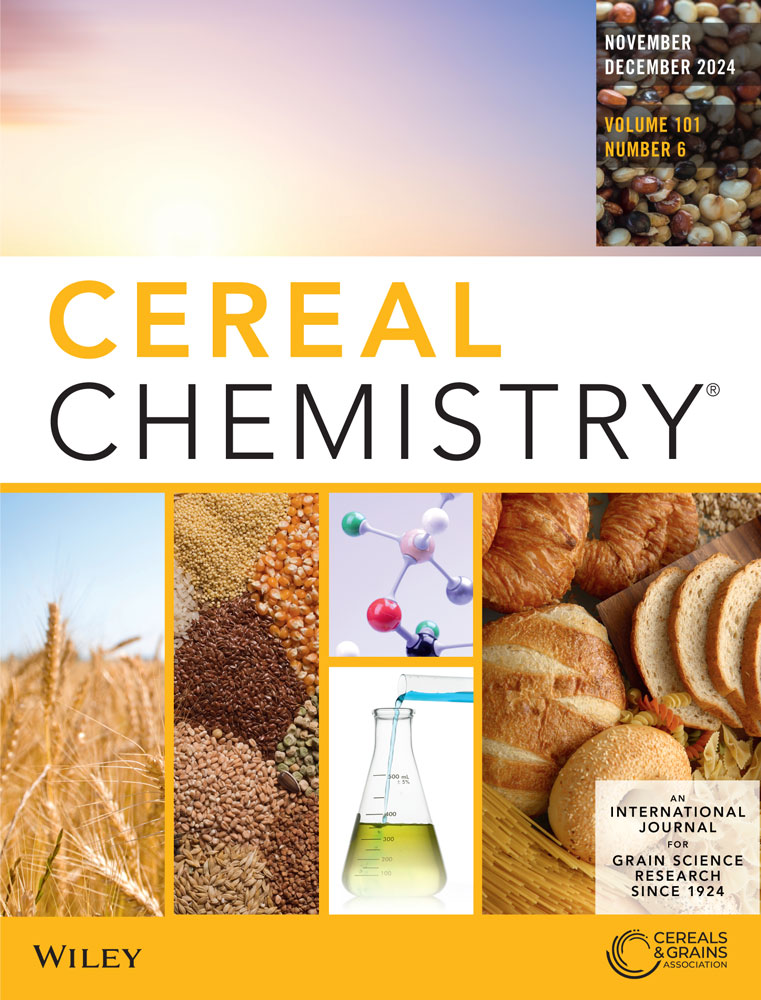Analysis of genetic variability for nutritional quality traits among maize inbreds adapted to Punjab: A North-Western province of India
Abstract
Background and Objectives
The deficiency of essential amino acids such as methionine, lysine, and tryptophan in maize protein presents a significant challenge in meeting nutritional demand. Comprehensive evaluation of maize germplasm for variability of essential amino acids, protein content, starch content, and β-carotene contents in grains, along with their relationships with yield and its associated traits, is a prerequisite for strengthening genetic enhancement for nutritional traits. Thus, the current study presents the profiling of 60 maize inbred lines across 11 nutritional quality and yield, aiming to identify variability in these traits and potential donor candidates for commercial breeding.
Findings
The test inbreds exhibited significant variations in the content of grain methionine (0.04%–0.28%), tryptophan (0.019%–0.069%), lysine (0.063%–0.318%), protein (9.31%–11.80%), starch (58.32%–70.88%), and β-carotene (2.38 ppm–6.79 ppm). Additionally, variations were noted in grain yield (0.87–2.52 t ha−1). Inter-relationship analyses suggested the feasibility of simultaneous selection of essential amino acids (methionine, tryptophan, lysine) and β-carotene. The germplasm stock was clustered, and potential diverse donors identified were recommended for utilization in breeding programs. Furthermore, the use of Attenuated Total Reflectance-Fourier Transform Infrared (ATR-FTIR) spectroscopy for screening high methionine and high lysine lines in large germplasm based on differences in peak intensity at 2922 cm−1 and 1110 cm−1 was reported, respectively.
Conclusions
The multilocation experiment revealed genetic diversity in both nutritional quality and yield across the 60 inbreds. The absence of a negative correlation between the amino acids and β-carotene indicates the possibility of the development of hybrids with elevated essential amino-acid levels combined with high β-carotene content.
Significance and Novelty
This is the first holistic report on the variability of nutritional quality traits coupled with yield in maize germplasm. Identified nutrient-rich inbreds will serve as valuable germplasm in maize biofortification programs. AT-FTIR is proposed as an easy screening technique and the first report, which can be employed for the initial screening of a large set of germplasm for methionine and lysine content.

 求助内容:
求助内容: 应助结果提醒方式:
应助结果提醒方式:


